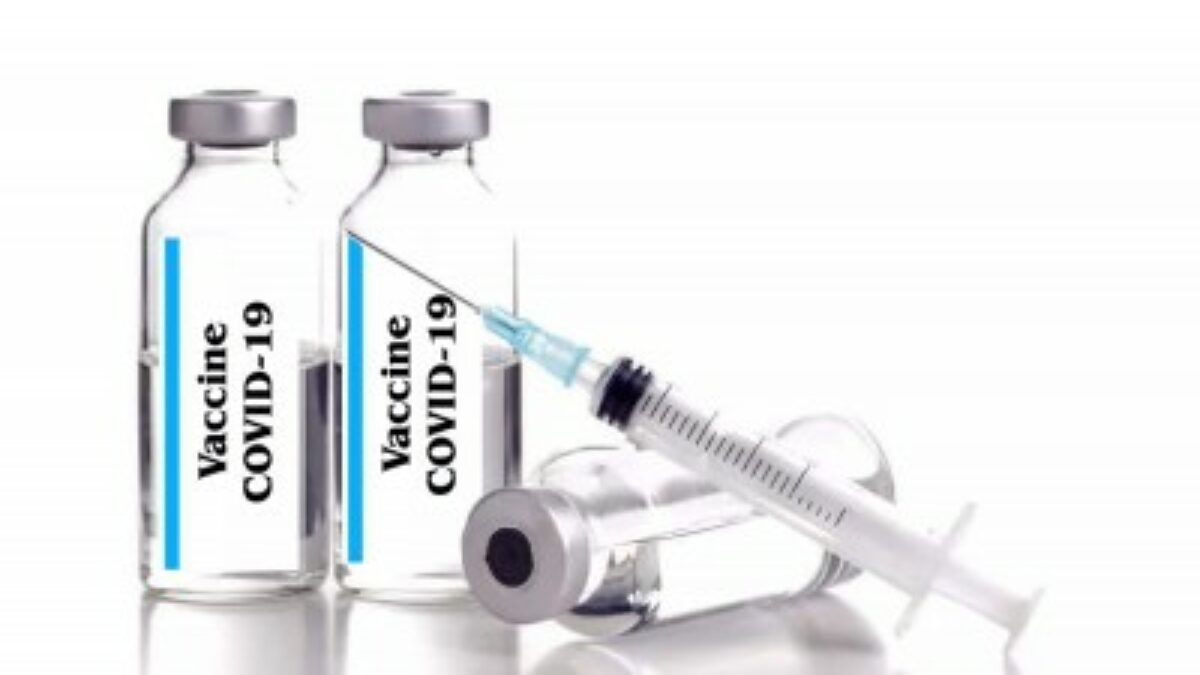According to a recent study, those with systemic lupus erythematosus (SLE) who got a “booster” dose of the SARS-CoV-2 vaccination after obtaining the full quantity are roughly half as likely to suffer a future “breakthrough” COVID-19 infection.
On July 12, this study was published in the journal The Lancet Rheumatology. According to the researchers, the discovery should bring relief to the more than 200,000 Americans who suffer with SLE, an illness in which the body’s immune system erroneously assaults its own healthy tissues, mainly joints and skin. They are more vulnerable to infections, such as SARS-CoV-2, when they are on immune-suppressing drugs, such as steroids, which are necessary to treat the disease’s symptoms.
The present study, coordinated by clinicians from NYU Grossman School of Medicine, tracked 163 completely immunised men and women getting SLE therapy at NYU Grossman School of Medicine’s associated facilities in New York City. Given that more than half of the patients were using at least one immunosuppressive medication for their SLE, the researchers sought to know who caught the virus during a six-month period. Prior to June 2021, all had had some combination of Pfizer, Moderna, or Johnson & Johnson immunizations, but only 125 had received a booster or third dosage.
By the end of the monitoring period (April 24, 2022), 44 vaccinated SLE patients had developed breakthrough infections, with two of them requiring hospitalisation (but both surviving their infection).
28 of 125 (22%) of patients with breakthrough infections had had a booster, compared to 16 of 38 (42%) who had not. The majority of breakthrough infections (42 of 44) occurred after the city detected its first instance of the exceedingly infectious omicron strain on December 2, 2021, according to investigators.
Another notable research finding was among the 57 patients who agreed to have their blood antibody levels examined twice: once after the first immunisation and again after the booster dose.
By the end of the monitoring period (April 24, 2022), 44 vaccinated SLE patients had developed breakthrough infections, with two of them requiring hospitalisation (but both surviving their infection).
28 of 125 (22%) of patients with breakthrough infections had had a booster, compared to 16 of 38 (42%) who had not. The majority of breakthrough infections (42 of 44) occurred after the city detected its first instance of the exceedingly infectious omicron strain on December 2, 2021, according to investigators.
Another notable research finding was among the 57 patients who agreed to have their blood antibody levels examined twice: once after the first immunisation and again after the booster dose.
However, a previous study found that increased antibody levels in fully immunised lupus patients reinforced critical indications of
However, a previous study found that greater antibody levels in fully immunised lupus patients enhanced critical indications of long-term immunity, which may help to explain why individuals with breakthrough infections do not have severe illness.
“Our study results provide patients with systemic lupus erythematosus clinical assurance that vaccines are exceedingly efficient at avoiding severe COVID-19, despite their higher risk of getting the illness,” says co-lead investigator and rheumatologist Amit Saxena, MD, MS.
COVID-19 vaccine boosters, or third doses, offered an additional, double layer of protection against a breakthrough infection, according to Saxena, an assistant professor in the department of medicine at NYU Langone Health. SARS-CoV-2 infection cases were often mild even among SLE patients who were adequately vaccinated.
“Our research also shows that most SLE patients who are adequately vaccinated and boosted developed strong responses despite being on immune suppression,” says co-senior investigator and rheumatologist Peter Izmirly, MD. Izmirly is an associate professor of medicine at NYU Langone Health.
Also Read: Theatre plays promote positive body image among youngsters: Study
Researchers recommend continued patient monitoring to see if there is an antibody “cutoff” level below which SLE patients are more vulnerable to SARS-CoV-2 infection.
The researchers discovered that hospitalisation rates for SLE patients at NYU Langone during the first wave of the pandemic in spring 2020 were more than twice as high as those for people without the condition, despite the fact that fatality rates were the same.
Follow Medically Speaking on Twitter Instagram Facebook





